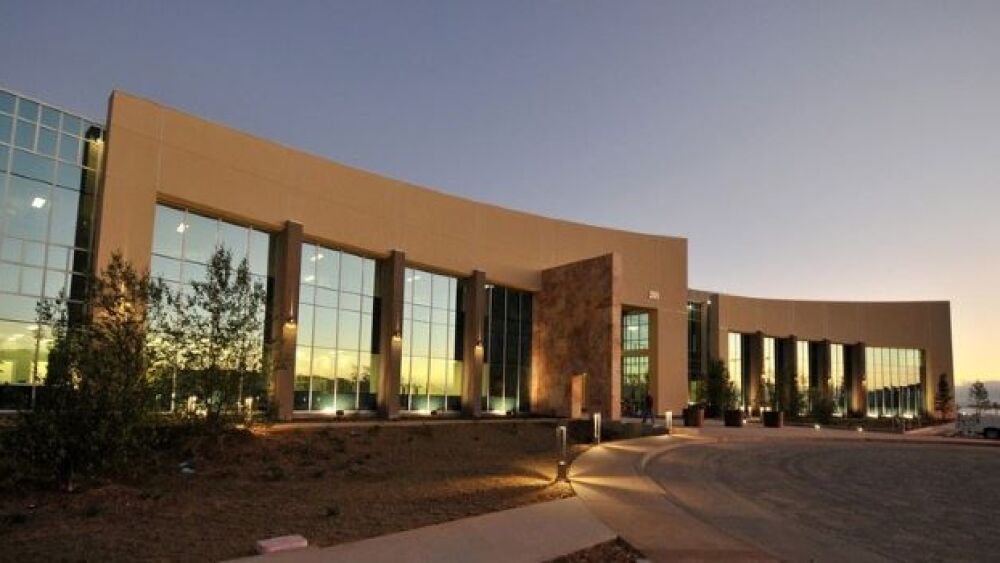ION582 is uniquely formulated using RNA technology to provide relief to patients with Angelman syndrome, a rare disorder for which limited treatment options are available.
Courtesy of Ionis Pharmaceuticals
California-based Ionis Pharmaceuticals announced Monday that the U.S. Food and Drug Administration has granted both Orphan Drug Designation and Rare Pediatric Disease Designation for its investigational drug ION582, which is being developed to treat patients with Angelman syndrome. The disease is rare and there are limited treatment options currently available.
The mechanism in ION582 blocks the activity of Ubiquitin Protein Ligase E3A-Antisense Transcript (ABE3A-ATS), un-silencing the paternal copy of the UBE3A gene and allowing for the production of UBE3A proteins. Despite the leaps and bounds made in the biotechnology industry, the development of treatments for genetic disorders can be tedious and expensive. These designations will open up incentives for the company, including market exclusivity, fee exemptions and tax credits for the costly research and development endeavors.
“Receiving FDA orphan drug designation for ION582 reflects the important and urgent need for delivering an effective treatment to patients living with Angelman syndrome. Ionis is committed to working closely with regulators, clinical investigators, patients and caregivers to advance this novel treatment and make it available to those who need it,” C. Frank Bennett, Ph.D., executive vice president, CSO and franchise leader for neurological programs at Ionis, said in a statement.
ION582 is the focus of the Phase I/II HALOS clinical trial (NCT05127226), which is recruiting for sites in Chicago, Illinois and the University of North Carolina’s Chapel Hill School of Medicine. The estimated enrollment number is 44 participants, but recruiting participants diagnosed with Angelman syndrome may be difficult, as the disorder is rare enough to infect only one in 12,000 to 20,000 people globally.
The participants will be placed in one of five experimental arms, administering differing dosages according to a dose-escalation design. The study has an assigned primary outcome measure focusing on the safety and tolerability of ION582.
The initiation of the Phase I/II HALOS study triggered a $10 million payment from development partner Biogen. The preclinical data for ION582 involving mouse models demonstrated that blocking ABE3A-ATS effectively promotes the activity of the paternal UBE3A gene.
The development of a treatment for Angelman syndrome has become a focal point of many companies. Market predictions indicate that a new treatment will be available in upcoming years, likely bolstered by the special designation incentives offered by regulatory bodies.
Due to a high prevalence of cases in North America, the local treatment market has been interested in major supporters such as the Boston Children’s Hospital, the Cincinnati Children’s Hospital Medical Center and the Angelman Syndrome Foundation. Other regions, such as Europe and the Asia Pacific region, are expected to increase the global treatment market in the coming years.
A second candidate for the disease being developed by Ultragenyx Pharmaceutical has received special designations from the FDA. GTX-102 currently has Orphan Drug Designation, Rare Pediatric Disease Designation and Fast Track Designation.





